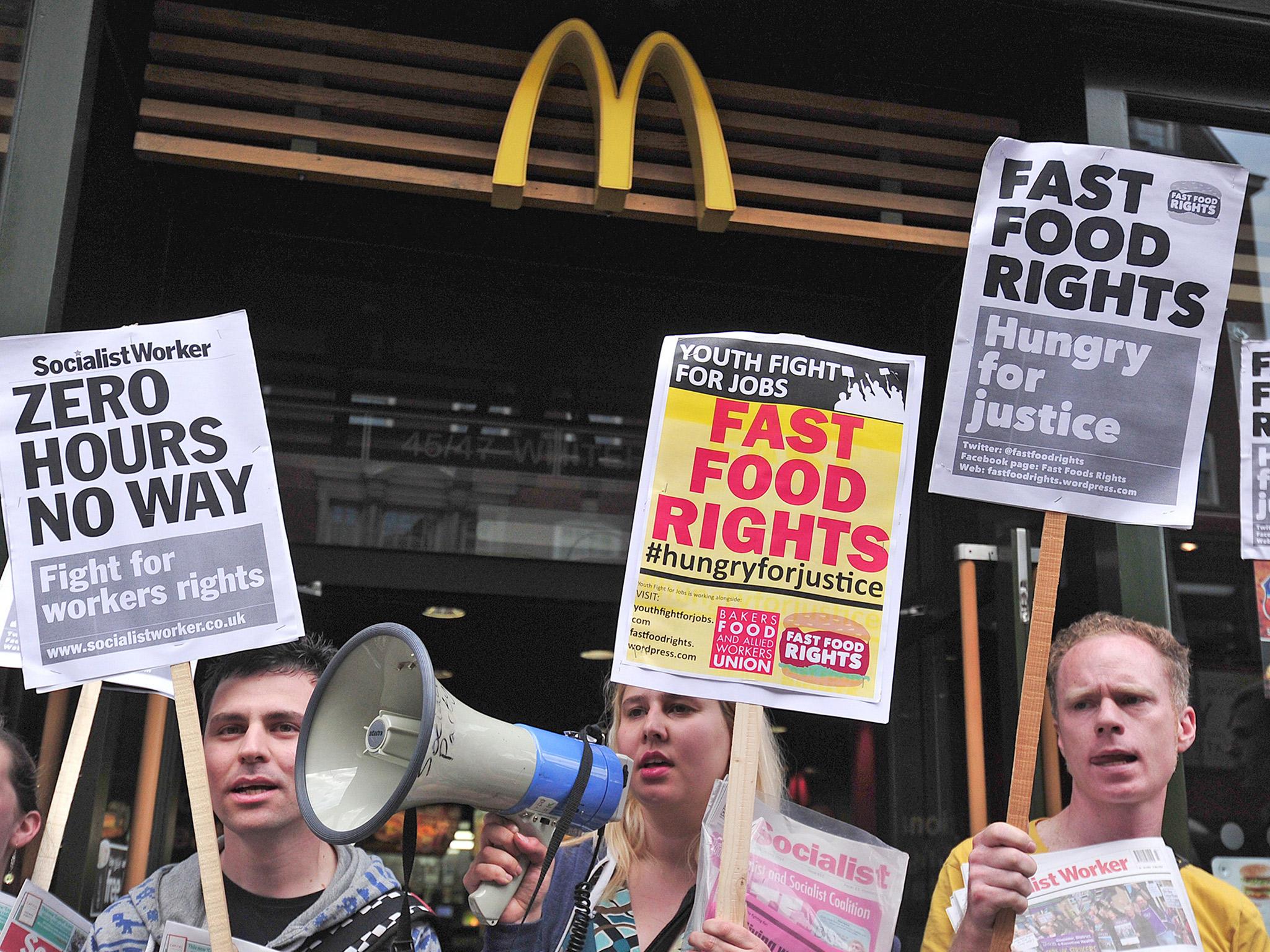Zero hours contract rise probably down to more people knowing what they are, rather than employers using them more
However, that may insult the intelligence of the hard-working employees who are on them

The ONS says it is difficult to get a true picture of how widespread the use of zero hours contracts are among workers. According to the number crunchers, the 15 per cent rise over the past year is probably down to more people knowing what they are, rather than employers using them more.
However, that may insult the intelligence of the hard-working employees who are on them. Whether it’s helping the elderly in care homes, flipping burgers in McDonalds, or flogging discounted trainers in Sports Direct, most staff are well aware by now that their working week could change at the drop of a hat based on the whims of a superior.
Some examples deciding how many hours are actually offered have included how busy a restaurant can be and which employee the manager fancies.
Soon the ONS will no longer be able to use the “greater recognition” excuse when zero hour contract numbers rise again, and while it is not clear what they will use next time round, one thing is certain – zero hours contracts are here to stay.
The most avid purveyors of the contracts continue to use them, unconcerned about the negative connotations attached. And a raft of young people take whatever job they can get.
As more and more young people (and increasingly older people – 62 per cent on zero hours contracts are over 25) become desensitised to controversy, it will become the norm. And so will the lack of pension contributions, redundancy rights and regular income.
Interestingly, the numbers show that a zero hours contract is also not a short term contract – as more than 300,000 people on them have had one for two years or more, while a third said want extra hours.
But for all the hubris, one issue is missing from the ONS analysis. How many of the 800,000 workers on these contracts want a proper contract versus how many are happy with the current arrangements?
The Government, business groups and zero hours contracts cheerleaders would have you believe staff are happy with the arrangements, whilst unions and employee groups will argue the opposite.
Answer that question, and we may go some way to deciding whether the outrage many feel is fully justified.





Join our commenting forum
Join thought-provoking conversations, follow other Independent readers and see their replies